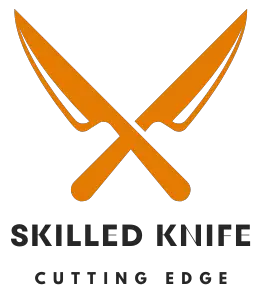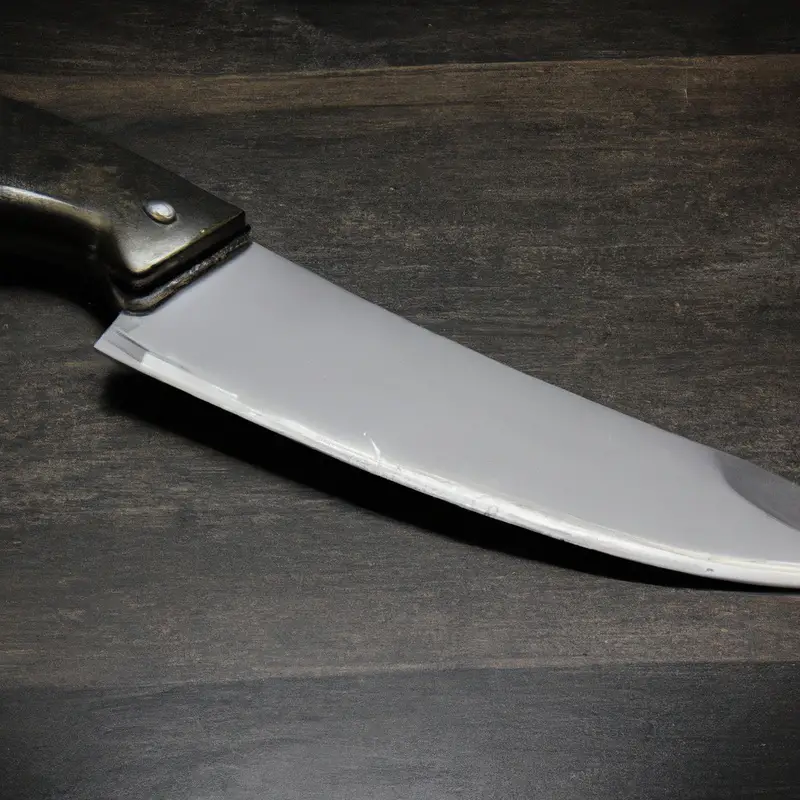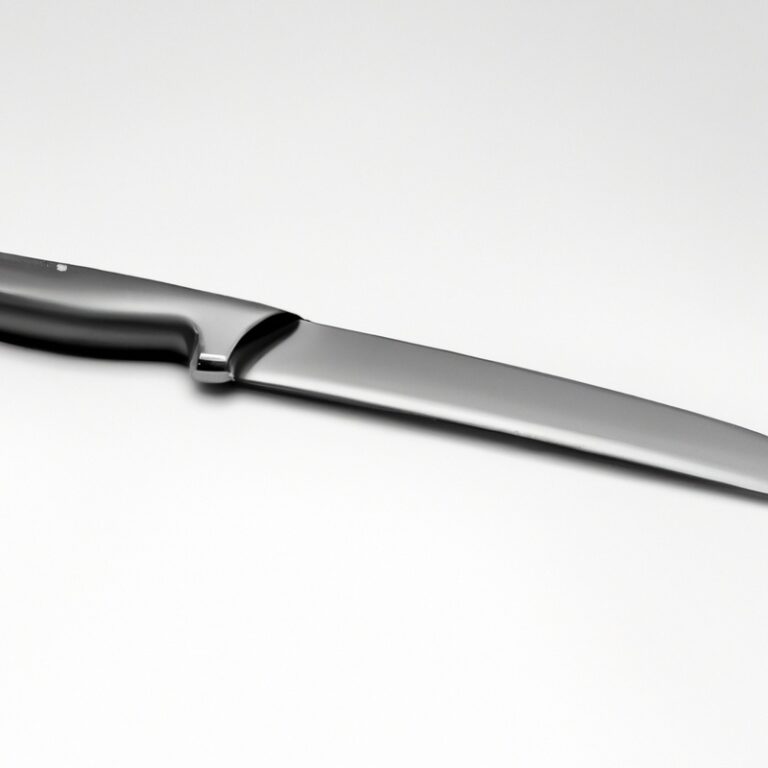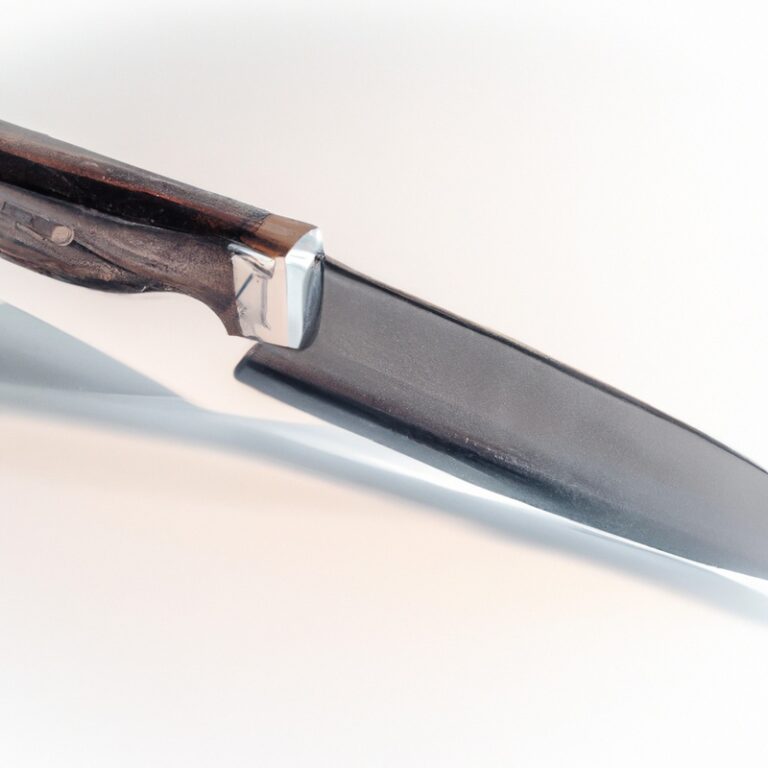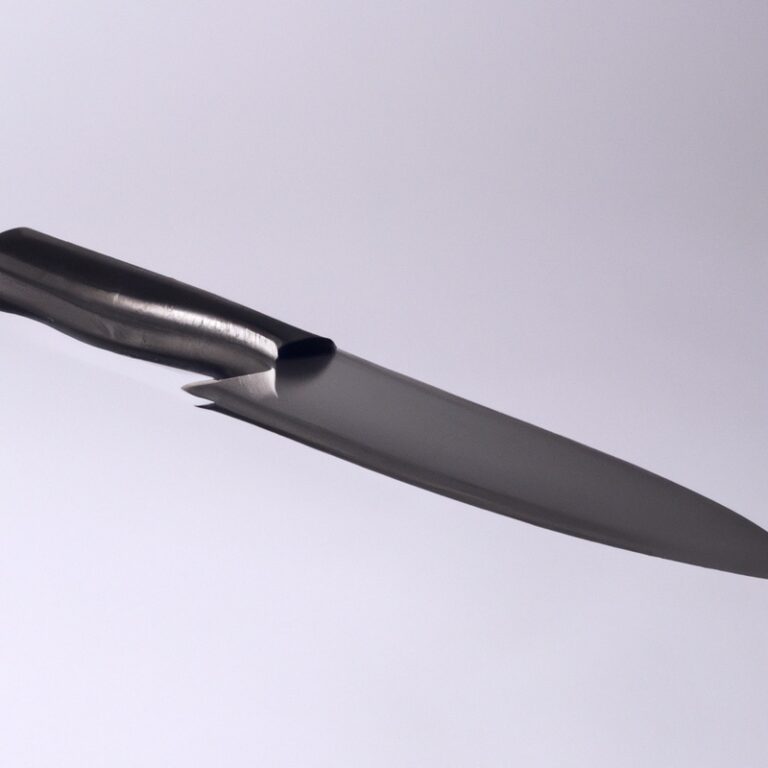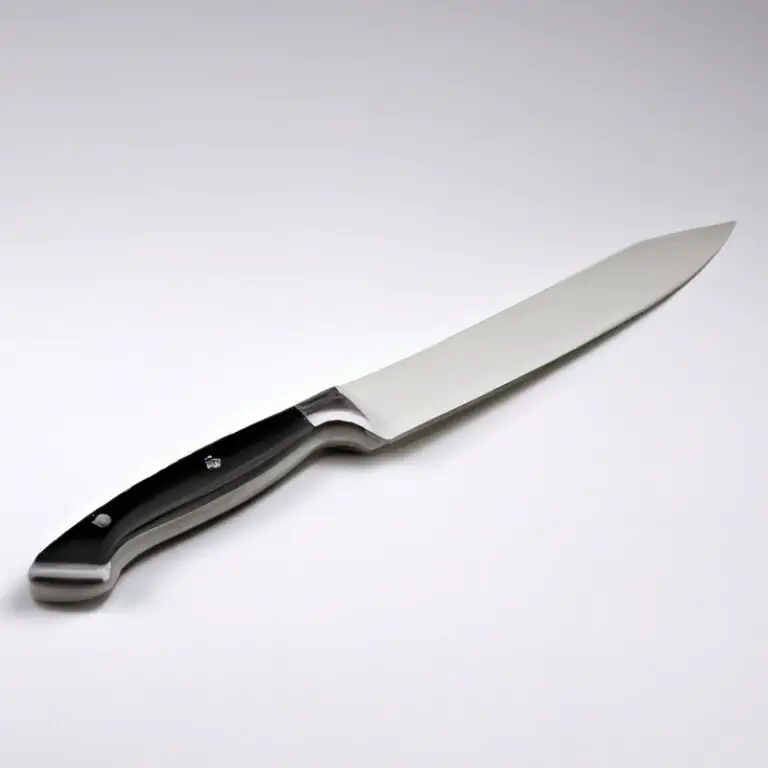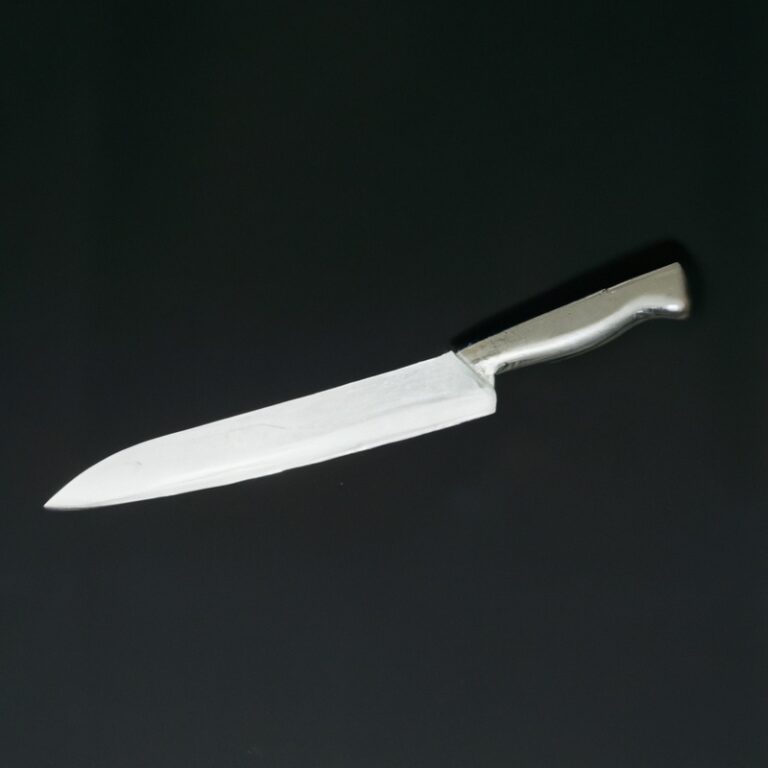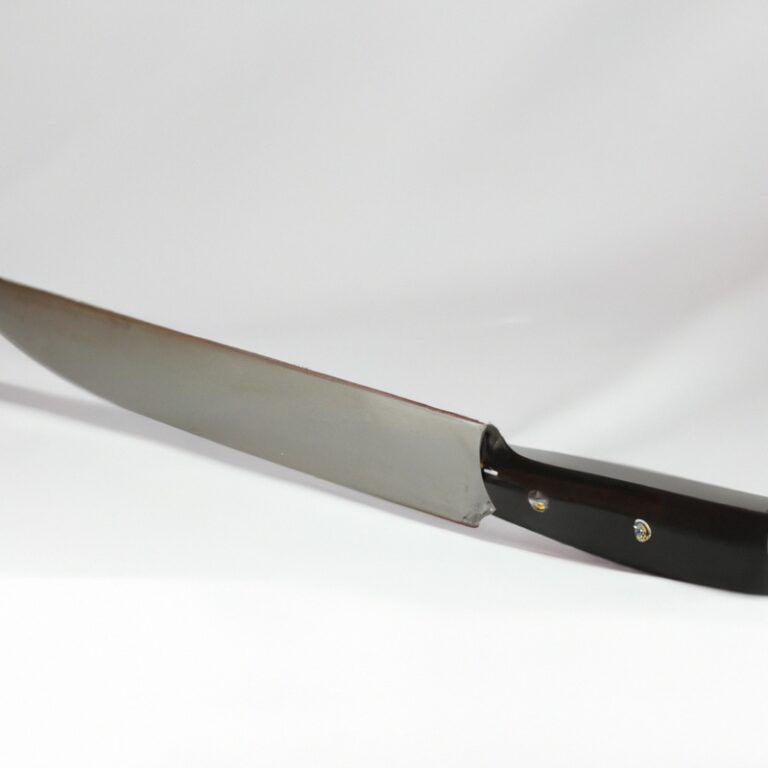What Are The Benefits Of Using a Powdered Metallurgy Steel For Knives?
Key Takeaways:
- Improved strength and durability: Powdered metallurgy steel offers superior strength and durability compared to traditional steel knives.
- Enhanced wear resistance: Knives made from powdered metallurgy steel exhibit excellent wear resistance, allowing for prolonged sharpness and reduced maintenance.
- Increased corrosion resistance: The use of powdered metallurgy steel in knives helps prevent rust and corrosion, ensuring a longer lifespan.
- Greater design flexibility: Powdered metallurgy steel enables complex blade designs, leading to knives with better balance, grip, and overall performance.
Are you tired of constantly replacing dull and inefficient knives in your kitchen?
Look no further, because I have the solution for you! Have you ever heard of powdered metallurgy steel for knives?
It’s a game changer.
This revolutionary steel has taken the cutlery world by storm, offering unmatched strength, durability, and performance.
In this article, I’ll be diving deep into the benefits of using powdered metallurgy steel for knives.
Prepare to be amazed as we explore its increased strength and hardness, enhanced wear resistance, improved toughness and durability, better corrosion resistance, and excellent edge retention.
Plus, I’ll also delve into the enhanced design possibilities and cost considerations associated with these knives.
Whether you’re a culinary enthusiast, an outdoor adventurer, or a professional chef, powdered metallurgy steel knives are a must-have.
And don’t worry, I’ll also share some maintenance and care tips to keep your knives in pristine condition.
So, let’s get sharpening!
| Benefits of Using Powdered Metallurgy Steel for Knives |
|---|
| 1. Enhanced Strength and Durability |
| 2. Improved Wear Resistance |
| 3. Superior Corrosion Resistance |
| 4. Enhanced Edge Retention |
| 5. Increased Sharpness and Cutting Performance |
| 6. Consistent and Uniform Knife Quality |
| 7. Greater Design Freedom and Flexibility |
| 8. Environmentally-Friendly Production Process |
What is powdered metallurgy steel?
Definition and background
Powdered metallurgy steel, also known as sintered steel, is a type of steel that is produced through a process called powder metallurgy.
This process involves mixing metal powders, compacting them into a desired shape, and then sintering them at high temperatures to create a solid and dense material.
This method allows for the production of steel with exceptional properties such as increased strength, improved wear resistance, enhanced toughness, and better corrosion resistance.
It also offers greater design possibilities and allows for the inclusion of alloying elements.
Powdered metallurgy steel has various applications, including in the production of knives for culinary, outdoor, and industrial use.
Proper maintenance and care, including sharpening techniques and cleaning tips, help ensure the longevity of powdered metallurgy knives.
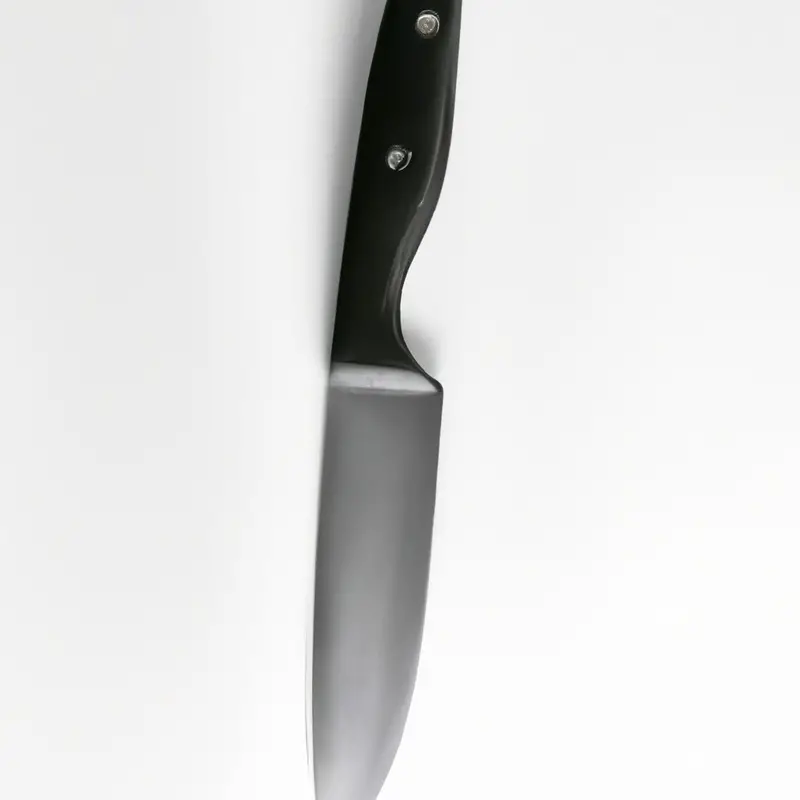
Production process
The production process of powdered metallurgy steel involves several steps to create a high-quality material for knives.
First, fine metal powders are carefully selected and blended together.
Next, the mixture is compacted under high pressure to form a solid shape.
Then, the compacted shape is heated in a controlled atmosphere, causing the powders to bond together and form a dense, homogeneous structure.
Finally, the material is cooled, machined, and finished to create the desired shape and surface characteristics.
This process results in a steel that offers exceptional strength, hardness, wear resistance, toughness, and corrosion resistance.
It also allows for precise control over the inclusion of alloying elements, further enhancing the performance of the steel.
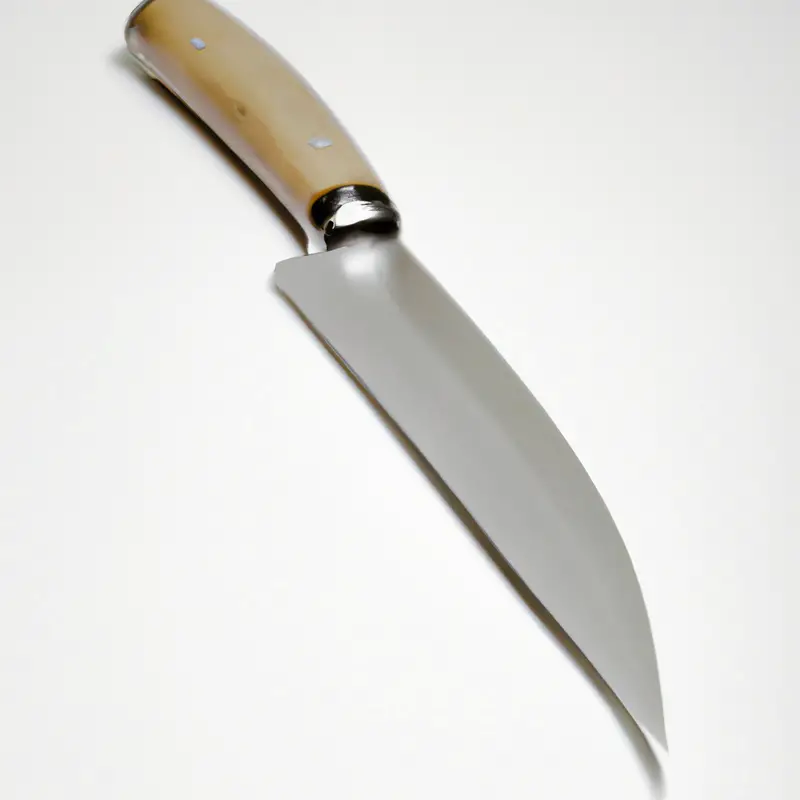
Advantages of powdered metallurgy steel for knives
Increased strength and hardness
Powdered metallurgy steel offers increased strength and hardness compared to traditional steel knives. This is due to its unique production process that involves pressing and sintering metal powders at high temperatures.
The resulting structure has a fine grain size, which enhances the steel’s strength and hardness.
This means that powdered metallurgy steel knives can withstand higher levels of stress and are less prone to wear and deformation. As a result, they offer superior cutting performance and durability, making them an excellent choice for professional chefs and outdoor enthusiasts alike.
Enhanced wear resistance
Powdered metallurgy steel offers enhanced wear resistance, making it an excellent choice for knives.
Through the production process, the steel particles are compressed and sintered, resulting in a densely packed material that exhibits high hardness and resistance to wear and tear.
This means that the blade of a powdered metallurgy steel knife will maintain its sharpness and durability even after repeated use.
Additionally, the fine grain structure of the steel contributes to its wear resistance, ensuring a longer lifespan for the knife.
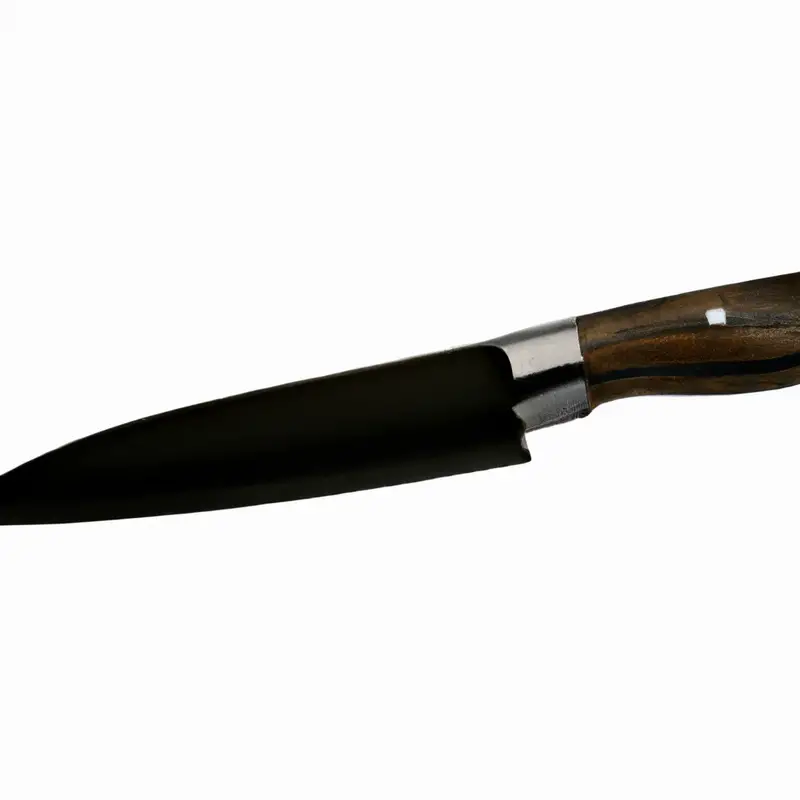
Improved toughness and durability
One of the key advantages of using powdered metallurgy steel for knives is its improved toughness and durability.
The production process allows for a more uniform distribution of particles, resulting in a steel that can resist chipping, cracking, and breaking better than traditional steels.
This means that the knife will be able to withstand heavy use and impact without compromising its performance.
Additionally, the fine grain structure of powdered metallurgy steel contributes to its overall toughness, making it a reliable choice for knives that need to withstand demanding tasks.
Better corrosion resistance
Powdered metallurgy steel offers better corrosion resistance compared to traditional steel for knives.
This is due to the homogeneous distribution of alloying elements throughout the material, which creates a more stable and resistant structure.
The powder metallurgy process allows for the inclusion of corrosion-resistant elements such as chromium and molybdenum in higher concentrations.
As a result, powdered metallurgy knives are less susceptible to rust and corrosion, making them ideal for use in environments with high moisture or exposure to harsh elements.
Excellent edge retention
Excellent edge retention is one of the key benefits of using powdered metallurgy steel for knives. This means that the blade retains its sharpness for longer periods of time, reducing the need for frequent sharpening.
The fine and uniform structure of powdered metallurgy steel helps to maintain a razor-sharp edge, resulting in cleaner and more precise cuts.
With excellent edge retention, you can rely on your knife to perform consistently, whether in the kitchen or during outdoor activities. This is especially important for those who value a sharp and reliable cutting tool.
Enhanced design possibilities
Enhanced uniformity and consistency
Enhanced uniformity and consistency are key benefits of using powdered metallurgy steel for knives.
In the production process, the powdered steel particles are carefully mixed and compressed, resulting in a homogenous material with consistent properties throughout.
This uniformity ensures that each blade is of high quality and meets the specified standards.
Additionally, the powder metallurgy process allows for precise control over the composition and microstructure, further enhancing the consistency of the steel.
With this level of uniformity, you can expect reliable performance and consistent results from your powdered metallurgy knife.
Ability to include alloying elements
One major benefit of powdered metallurgy steel for knives is its ability to include alloying elements.
Alloying elements are added to the steel to enhance its properties such as hardness, strength, and corrosion resistance.
This allows manufacturers to create knives that are tailored to specific needs and preferences.
By including alloying elements in the powdered steel, the resulting knives can have superior performance and durability, making them a great choice for various applications.
Whether you’re a professional chef or an outdoor enthusiast, the ability to include alloying elements in powdered metallurgy steel knives ensures that you have a high-quality tool that meets your requirements.
Cost considerations
Initial investment
Initial investment for powdered metallurgy steel knives may be higher compared to traditional steel knives. This is because the production process and materials used in powdered metallurgy steel are more advanced and expensive.
However, the long-term benefits outweigh the initial cost.
Powdered metallurgy steel knives offer superior strength, durability, wear resistance, and edge retention, making them a worthwhile investment for professional chefs, outdoor enthusiasts, and those seeking high-performance knives.
Long-term cost-effectiveness
When considering long-term cost-effectiveness, choosing powdered metallurgy steel for knives is a smart decision. These knives have a reputation for exceptional durability, meaning they can withstand heavy use for extended periods without losing their performance.
This longevity eliminates the need for frequent replacements, saving you money in the long run.
Moreover, powdered metallurgy steel blades also require less maintenance, reducing recurring costs associated with sharpening and upkeep. Investing in a high-quality powdered metallurgy knife offers a great balance of longevity and cost-efficiency.
It’s a win-win situation for your wallet and your culinary adventures.
Use cases for powdered metallurgy knives
Culinary applications
Culinary applications are one of the main areas where powdered metallurgy knives excel.
These knives are highly sought after by both professional chefs and home cooks for their exceptional performance.
The superb strength, hardness, and wear resistance of powdered metallurgy steel ensure that these knives maintain their razor-sharp edge for longer periods of time.
They also offer improved toughness and durability, making them capable of handling the rigors of daily kitchen use.
With excellent corrosion resistance, powdered metallurgy knives are easy to clean and maintain, making them a valuable tool for any kitchen.
Outdoor and survival scenarios
Outdoor and survival scenarios are perfect use cases for powdered metallurgy knives.
In these situations, having a reliable and durable tool is crucial, and powdered metallurgy steel delivers on both fronts.
The increased strength, enhanced wear resistance, and improved toughness make these knives suitable for tough environments and tasks.
Additionally, the better corrosion resistance ensures that the knife will withstand exposure to moisture and harsh conditions.
With excellent edge retention, powdered metallurgy knives will stay sharp for a longer time, which is essential when you’re in the great outdoors.
Industrial and professional use
Industrial and professional users greatly benefit from powdered metallurgy knives. These knives possess exceptional strength, hardness, and wear resistance that make them ideal for heavy-duty tasks in industrial settings.
For professionals such as chefs, butchers, and craftsmen, powdered metallurgy knives offer enhanced performance, durability, and precision.
Their excellent edge retention and improved corrosion resistance also make them a valuable choice for professionals who rely on their knives for long hours of use. Whether in a factory or a professional kitchen, powdered metallurgy knives excel in meeting the demands of industrial and professional settings.
Maintenance and care of powdered metallurgy knives
Sharpening techniques
When it comes to sharpening powdered metallurgy knives, there are a few techniques you can follow. First, you can use a sharpening stone to manually grind the blade at the desired angle.
Make sure to maintain a consistent pressure and stroke along the entire edge.
Alternatively, you can use a sharpening rod or honing steel to straighten and maintain the blade’s edge between sharpenings. Whichever method you choose, remember to always follow the manufacturer’s recommendations and take your time to ensure a sharp and precise edge.
Cleaning and storage tips
To keep powdered metallurgy knives in top condition, regular cleaning and proper storage are essential.
After each use, I recommend washing the knife by hand with warm soapy water and a soft cloth.
Avoid using abrasive sponges or harsh cleansers that can damage the blade.
Dry the knife thoroughly before storing it to prevent moisture-related issues like rust.
When it comes to storage, it’s best to keep the knife in a knife block, sheath, or on a magnetic strip.
These options protect the blade and keep it easily accessible.
Avoid storing the knife in a drawer where it may rub against other utensils, causing damage to the edge.
Remember, proper cleaning and storage are key to maintaining the longevity and functionality of your powdered metallurgy knife.
Stay proactive by incorporating these tips into your regular maintenance routine.
Final Verdict
Powdered metallurgy steel offers numerous benefits for knives, making it an excellent choice for various applications.
Its increased strength, hardness, and wear resistance provide exceptional durability, while improved toughness and corrosion resistance ensure longevity.
The inclusion of alloying elements enhances design possibilities, allowing for customized knife properties.
While the initial investment may be higher, the long-term cost-effectiveness and performance of powdered metallurgy knives make them worth considering.
From culinary use to outdoor and industrial scenarios, these knives excel in different environments.
Proper maintenance, including sharpening techniques and cleaning, ensures optimal performance and longevity.
Trust in the reliability and expertise provided throughout this article, and consider powdered metallurgy steel for your next knife.
